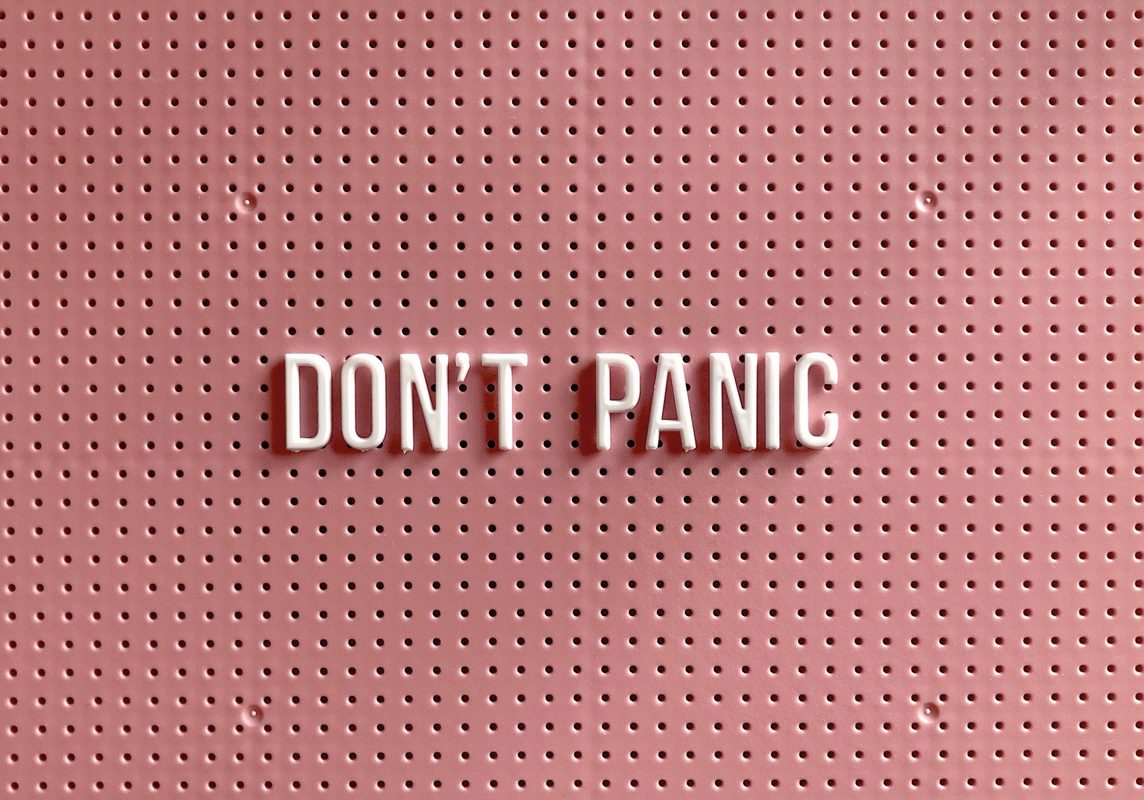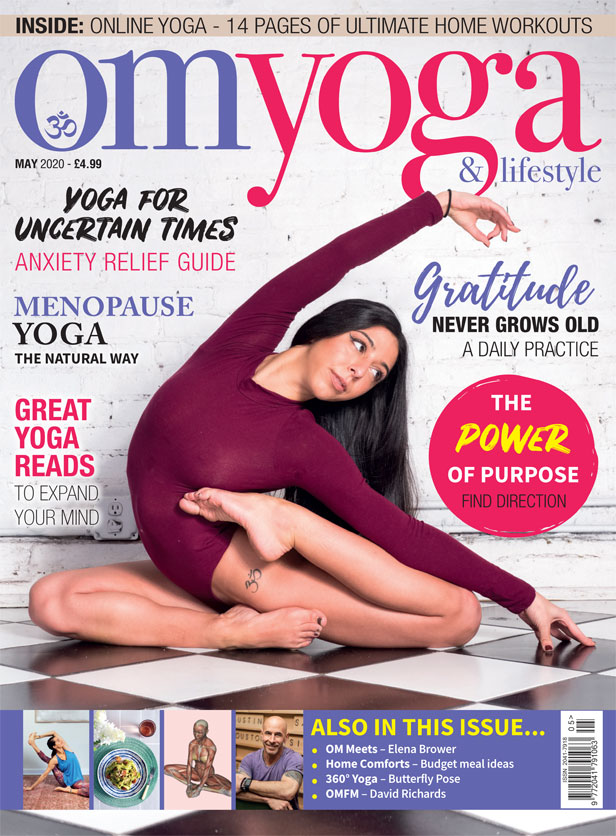
Fear in the time of Coronavirus
There are things we can all do to ride the wave of uncertain times, says Roxanne Issurdatt
After weeks of being told to remain calm, the World Health Organisation finally labeled the Coronavirus a global pandemic. It’s official now: it’s okay to be afraid. Of course, fear has been running high for months, especially in the ‘front line’ countries across Asia first affected by the outbreak.
As a Chinese Medical Practitioner, the mother of twin five-year-old boys and a person with some of those ‘underlying health conditions’ you hear about, fear, worry, distress and anxiety has been a part of daily life for myself and others here in Hong Kong for some months now. As everyday life in Europe and America is now disrupted as well, here is some guidance on how to deal with the anxiety and fear that has arisen in these uncertain times.
Don't fight it, feel it
Feel the fear. That’s right. You heard correctly. It’s important to experience the emotion. It’s the only way for the feeling to move through you. In Traditional Chinese Medicine (TCM), emotions are a form of energy and energy is perpetually in motion. Embracing fear does not mean letting your anxieties run wild and unchecked, it means acknowledging it is a natural and beneficial emotion that ultimately will pass. If we bring it back to nature (TCM is very much a nature-based practice) fear is associated with winter. While winter may last a very long time, it always gives rise to spring.


Embrace the unknown
Of course, embracing fear is easier said than done. Most of us will do anything to avoid it. Why exactly? First of all, fear engenders a feeling of helplessness. This can be both disturbing and paralysing for many people. We like to think we are in control most of the time, when in reality much of our lives (work, children, family, finances) are largely driven by external forces. However, this illusion of control gives us much-needed comfort. That is why creating to-do lists and making contingency plans (how do we combine school closures with working from home, for example?) can help some people deal with their fear.
Be kind to your mind
Being truly mindful of any situation means being able to differentiate between what is really happening and what we think is happening. Unfortunately, as the saying goes “misery loves company” and fear is a magnet for other emotions such as frustration, anger and shame. This can make it hard for us to appreciate what is really happening. Clarifying what exactly it is that you are fearful of is very helpful. Mindfulness ultimately means being kind to yourself. This could involve talking to a sympathetic friend or writing in your journal so you give a voice to your internal fears. It may even simply involve giving yourself some time to think and relax.
Practical tips:
• Breathing: Fear generates a physical response in our bodies, affects our breathing and can exacerbate anxiety. Deep meaningful breathing with coloured visualisation can help dissipate fear. Visualise inhaling white light through the nose and exhaling fear in the form of grey smoke through the mouth.
• Mantras and meditation: Choose a mantra and sit quietly for a few minutes to breathe in and out focusing on repeating your mantra. Your mantra could be something along the lines of: This will pass. I am okay or it could be There is movement in all things.This will change. I am safe.
• Get outside: As ‘social distancing’ becomes the new normal in these uncertain times, schools close and people work from home, don’t forget to get outside: go for walks and hikes as much as possible. Cabin fever is a real thing and remember nature is great medicine.
• Routines: The combination of parents working from home and school closures can be very stressful for all involved. Speaking from experience, it is imperative to recreate a routine for both children and adults. This is a not a two-day snowstorm or hurricane, schools may be closed for a month or many months and everyone will do better with a fixed routine.
Roxanne Issurdatt L.Ac., M.Ac., M.Phil. is a licensed acupuncturist with a Master’s degree in Oriental Medicine from the Maryland University of Integrative Health, and currently living in Hong Kong. Visit: tulaacupuncture.com


